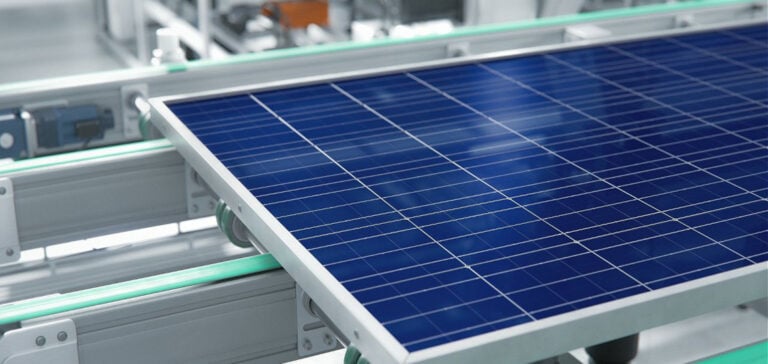The Strategic Energy Technology Plan (SET) Review concerns the alignment of strategic objectives with the European Green Deal. As a reminder, the Strategic Energy Technology Plan is an essential instrument for energy innovation in Europe. Set up in 2007, it has played a crucial role in supporting the development of clean energy technologies. This has a cost impact thanks to coordination and collaboration in clean energy research and innovation between European industry, academia and national governments.
Updated to meet current needs, the revised SET Plan will help harmonize its strategic objectives with the European Green Deal, the REPowerEU Plan, and the Zero Emission Industry Act. This update will ensure a coordinated approach to achieving Europe’s decarbonization objectives. At the same time, it enables us to support strategic zero-emission technologies and build a sustainable, industrially competitive energy future.
A Broad Vision for a Sustainable Energy Future
The revised SET Plan includes key measures to steer Europe towards a greener energy future. These measures include :
1. Integrating new priorities. The plan includes new priorities on cross-cutting issues, including sustainability by design, skills development, research and innovation tailored to society’s needs, digitization and market accessibility. This approach will foster a global vision for the development and deployment of clean, efficient energy technologies.
2. A broader technological field. The revised SET Plan now encompasses all strategic renewable energy technologies, recognizing the substantial advances made in this field. This development ensures that the EU remains at the forefront of clean energy innovation.
3. Focus on Green Hydrogen. We have set up a dedicated hydrogen work program to implement the ERA green hydrogen pilot. This initiative underlines the EU’s commitment to working together to meet new challenges and develop new technologies, essential for a carbon-neutral future.
4. Enhanced cooperation. Cooperation between European Technology and Innovation Platforms and European industrial alliances will be encouraged. These include the Battery Alliance, the Green Hydrogen Alliance and the Photovoltaic Industry Alliance. This will stimulate investment and build manufacturing capacity in clean energy technologies, overcoming market, regulatory, infrastructure and technology barriers.
5. Continuous monitoring. A roadmap for progress will be continuously monitored by the SET Plan’s SETIS information system. It will feed into the annual report on the state of the Energy Union, and will be distributed at SET Plan conferences.
An Essential Partnership for a Sustainable Energy Future
The Clean Energy Transition Partnership will play a key role in supporting the implementation of SET Plan activities. It brings together national and regional research, development and innovation programs co-financed by Horizon Europe and national governments. It also extends its scope and will continue to promote research and innovation in the energy field.
The European Commission is committed to working closely with SET Plan countries, the SET Plan Steering Group and other stakeholders to develop and implement the new measures and targets included in this communication.
Historical background
The European Commission launched the SET Plan in 2007 to establish an energy technology policy for Europe. Since then, it has become a crucial policy tool for energy research and innovation, effectively combining national efforts with industrial alliances and Major Projects of Common European Interest. It has also helped strengthen the EU’s geopolitical resilience and security of energy supply.
The revision of the SET Plan reflects Europe’s commitment to a sustainable energy future. It is supported by research and innovation in clean energy. It also ensures that the EU remains a world leader in this field, helping to combat climate change and create a competitive energy future.
This revision of the SET Plan is a step towards a greener, more sustainable Europe. What’s more, energy innovation plays a key role in the transition to a carbon-neutral economy.






















